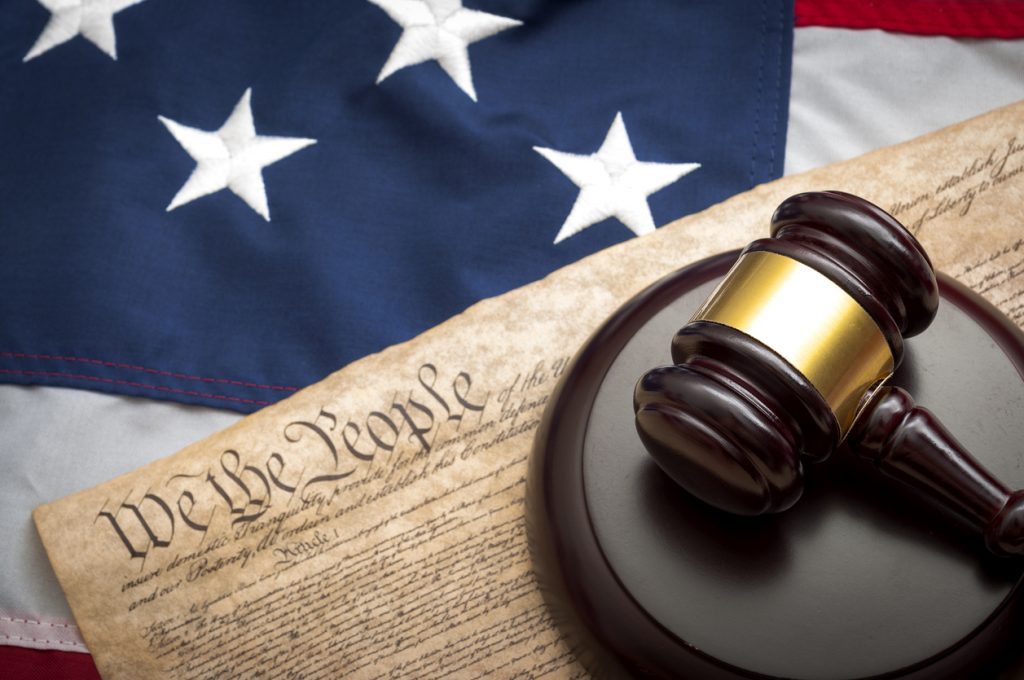What is bail?
Bail is written permission from a court, allowing a person charged with a criminal offence to be out of jail while they wait for their trial, or some other result in their case (such as a guilty plea or a withdrawal of their charges).
What happens at a bail hearing?
First ,the Crown presents the allegations to the court. Most of the time, the Crown will do this by reading out the allegations found in the police synopsis. In some cases, the Crown will present the allegations by calling a witness (or witnesses) to testify in court. This witness will usually be the police officer in charge of the investigation.
After the allegations have been presented by the Crown, the accused’s lawyer or duty counsel has a chance to present evidence. In most cases, the accused’s lawyer or duty counsel does this by having the accused or a potential surety (or both) testify. In some cases, there will be more than one potential surety called as a witness. The accused’s lawyer or duty counsel will try to convince the court that, if released on bail, the accused will obey their bail conditions, either on their own or with the assistance of a surety (or sureties) to supervise them.
When both sides are finished giving their evidence, they make arguments to the judge or justice of the peace. The judge or justice of the peace then decides to either release the accused on bail or keep them in jail while they wait for their trial or some other result (such as a guilty plea or a withdrawal of their charges).

Why would the police decide to bring someone to bail court?
The police look at different factors in deciding whether to release an accused or bring them to bail court. For example, they might look at whether the accused has a criminal record, how serious the charges are, if the accused is already facing other charges at the time of their arrest, or whether there are reasons to believe the accused won’t show up for their court date. The police will consider these things when deciding whether to release the accused or take them to bail court. If the police decide to take the accused to bail court, this is usually called “holding them for bail” or “holding them for show cause.”
Does the accused always have to prove to the court why they should get out on bail?
No. In some cases, the Crown will have to show why the accused should not be released on bail. It depends on what the accused is charged with, and other factors, such as whether they were out on bail for other charges at the time of their arrest.
What are my responsibilities as a surety?
A surety’s basic responsibilities are to:
- Make sure the accused attends court when they are supposed to
- Make sure the accused follows the conditions of his or her bail
Does an accused have to deposit money with the court to get out on bail?
In some cases, the accused will have to deposit money with the court in order to get out on bail. If the accused:
- does not live in Ontario
- or lives 200 km or more from the place they are in jail;
it is likely that they will need to deposit cash with the court in order to get out on bail.
However, in most courthouses, it is more common for the accused and/or his or her surety to promise an amount of money to the court without actually depositing it. This promise of money is called a “recognizance.” If the accused breaks one of his or her bail conditions, or doesn’t show up to court when they’re supposed to, the accused and/or his or her surety can lose some or all of the money they promised to the court by signing the recognizance.
Can bail conditions be changed?
Yes. This is what is called a “bail variation”. However, variations can only be done if the Crown agrees to the change, or if the accused applies to a higher court for a review and that court orders the change. An accused should speak to his or her lawyer or duty counsel if they want to have bail conditions changed.